Gabon
There’s growing dissent in Gabon’s second city of Port-Gentil ahead of the presidential election on Saturday. Being Gabon’s economic capital, the city has been hit by a slump in oil prices, which have impacted on businesses and livelihoods of many.
“For us, we started in 2004 with more than 500 employees, today we have been hit by more than a 75 percent workforce reduction,” says Mboko Mavoungou, director of ECM.
Since the beginning of the crisis in 2014, the oil workers’ union counts 2,500 layoffs of its members, not only in major firms like Shell but also their suppliers.
In 2009, violence erupted in Port-Gentil after the declaration of Ali Bongo as president, who had been elected after the death of his father Omar Bongo.
Gabon is currently the smallest member of OPEC, having joined on July 1 2016, with an average output of 210,000 barrels a day. Trade unionis fear that economic frustrations could potentially trigger demonstrations in the country.



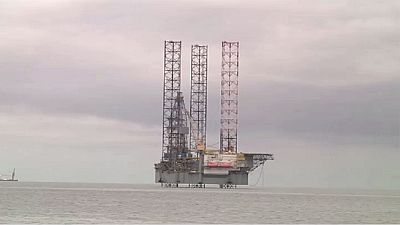

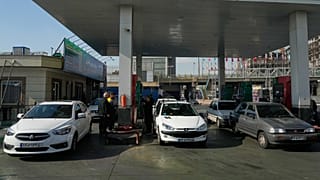
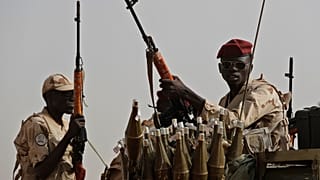
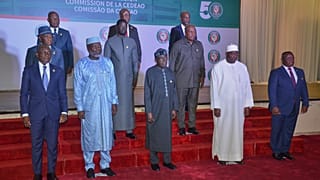




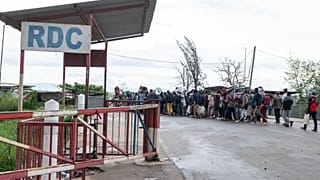

01:00
Pix of the Day: November 24, 2025
Go to video
French President Emmanuel Macron continues his African tour in Libreville
01:00
French President Emmanuel Macron to embark on Africa tour
Go to video
Gabon jails nine Bongo associates for embezzlement and corruption
02:09
Gabon researchers test promising single-dose malaria treatment
01:13
Gabon: Sylvia and Noureddin Bongo sentenced to 20 years in jail for embezzlement